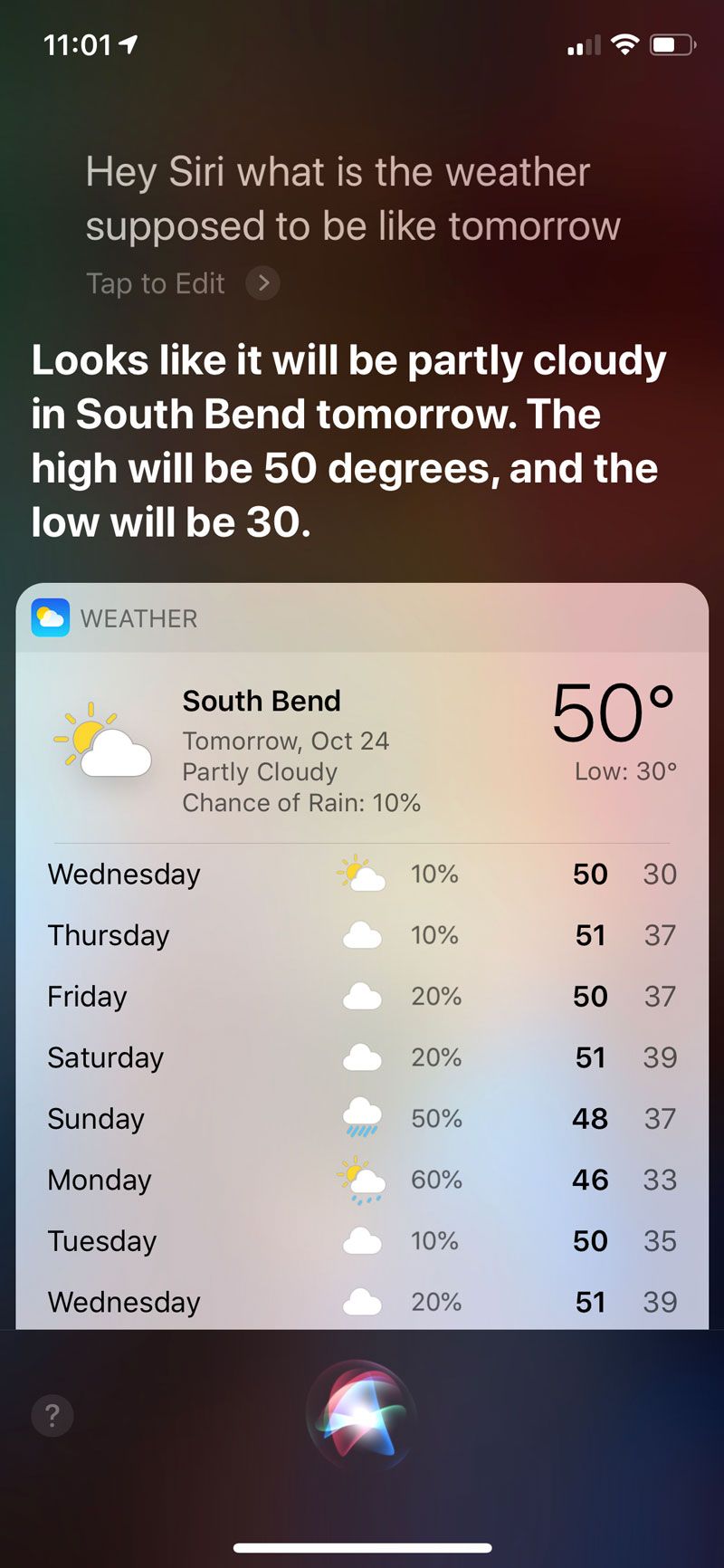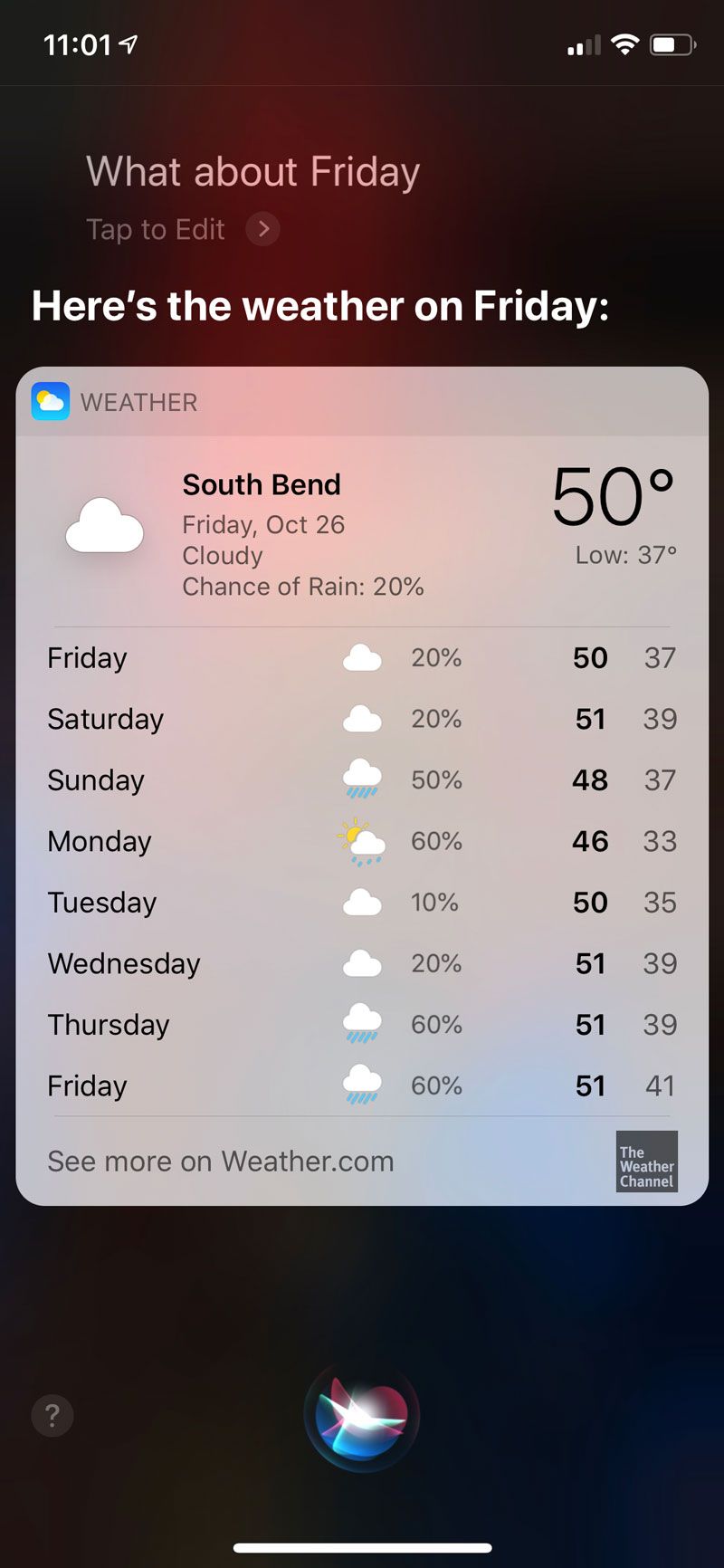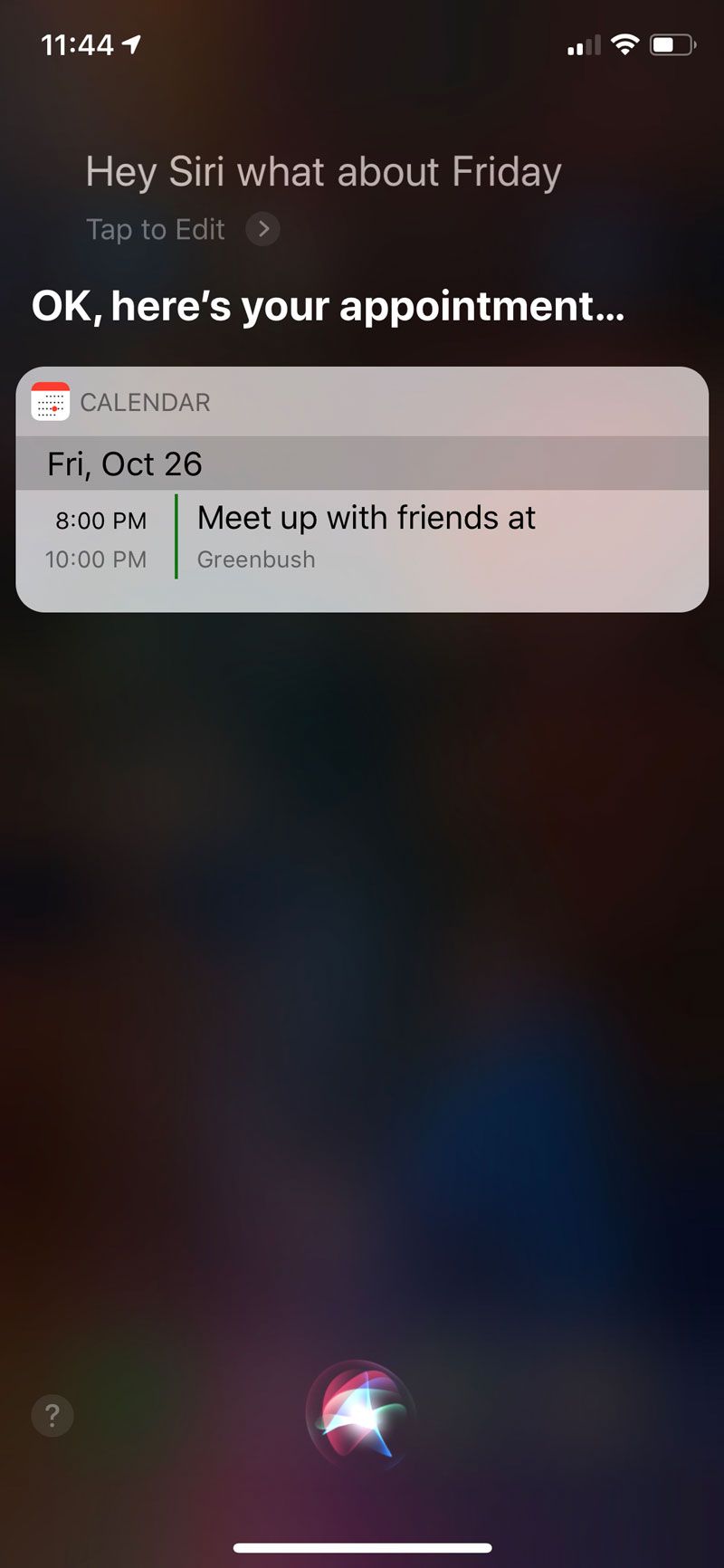Finding Your Voice (Search) With Conversational AI
Way back in 1990 a little company called Dragon launched Dragon Dictate, the original speech recognition consumer application. It was clunky, inaccurate, and users had to…pause…between…every…word.
Like any other technology, progress seems to have accelerated and voice assisted services and applications have improved by leaps and bounds. Over the last few years, phrases like ‘Hey Siri’, ‘Hey Google’ and ‘Hey Alexa’ have become commonplace in today’s vernacular. Voice enabled commands have given us the ability to control our phones, computers, cars, and even homes.
From a marketing standpoint, this functionality is referred to as voice search and a number of our clients have asked us how they can best leverage these new technologies. Usage of voice search has made major gains over the last decade, and it is projected to grow exponentially over the next few years. Instead of getting hung up on statistics, I suggest checking out a great article by WordStream that collected some fascinating statistics. If after reading that article you conclude that voice search is a niche market, then this article will probably not be of interest to you.
Still here…okay then.
If you agree that voice search is going to continue evolving into a large portion of our everyday search queries, how can that information be leveraged to make sure that your brand stays ahead of the search game? The key is understanding how companies like Google, Apple, and Amazon are developing new technologies to shape the way that search is handled. The catchall term for these technologies is Conversational AI (Artificial Intelligence). Conversational AI is essentially a computer’s ability to learn and apply context from content in order to shape more conversational search results. By interpreting the intended meaning behind spoken keywords instead of simply searching based on those words taken literally, the computer system is effectively learning how to have a conversation, thus delivering better search results.
Let’s take a look at a very basic example. The first screenshot below is the initial question I asked. The next screenshot is the question I asked immediately after Siri’s response.


I know…fascinating conversation. But I believe it does demonstrate the technology at work. If I were to start the conversation with ‘What about Friday?’ without any other context, this is the response Siri returns:

In the first example, Siri knows from context that I’m asking about the weather on Friday. Since there is no context on the second example, Siri tries to determine what I’m talking about and returns completely different results.
This is a very simplistic example, but it demonstrates how these platforms are moving beyond simple keyword-based search results. If search results were based strictly on keywords, the top result would be for the movie Friday starring Ice Cube and Chris Tucker. That is a wide range of very different results from the same search phrase and frankly, this is just the tip of the iceberg. As search continues to evolve with technologies like conversational AI, localization, and machine learning, search results will continue to improve.
The question is how will your organization take advantage of these new technologies? The first thing is to make sure your SEO (search engine optimization) is up to par. After that, there are many advanced SEO techniques such as implementation of schemas (structured data), usage of long tail keywords, management of your Google business listings, and many more.
If you share our interest in the exciting potential of voice search and would like to know more, contact us.